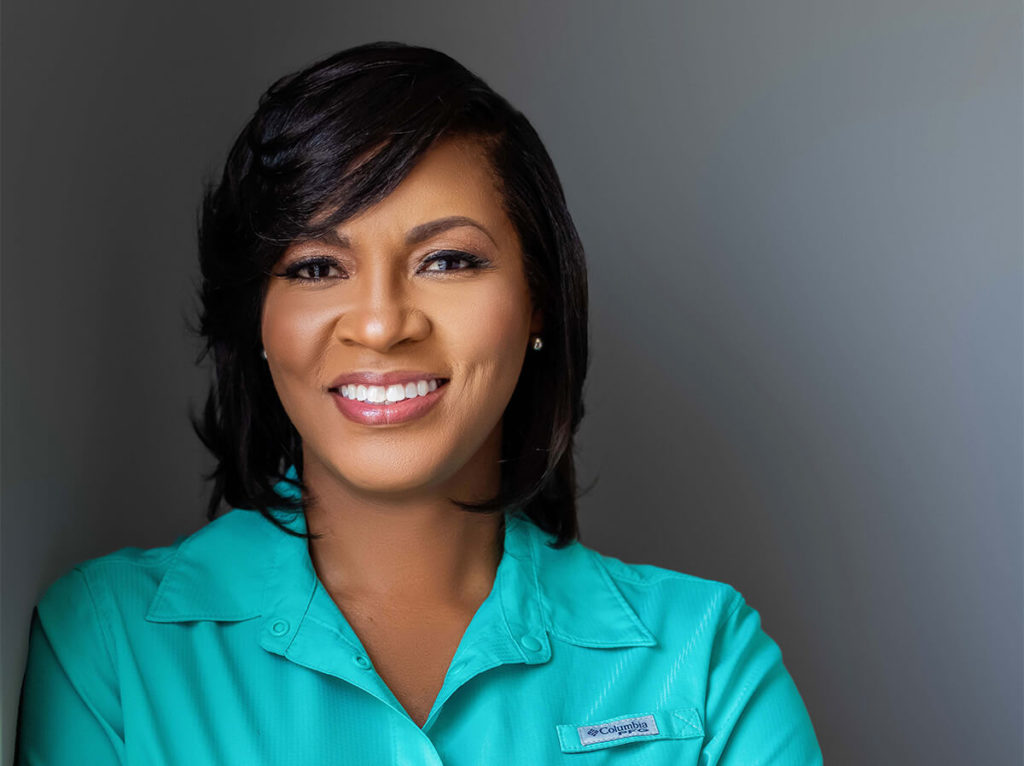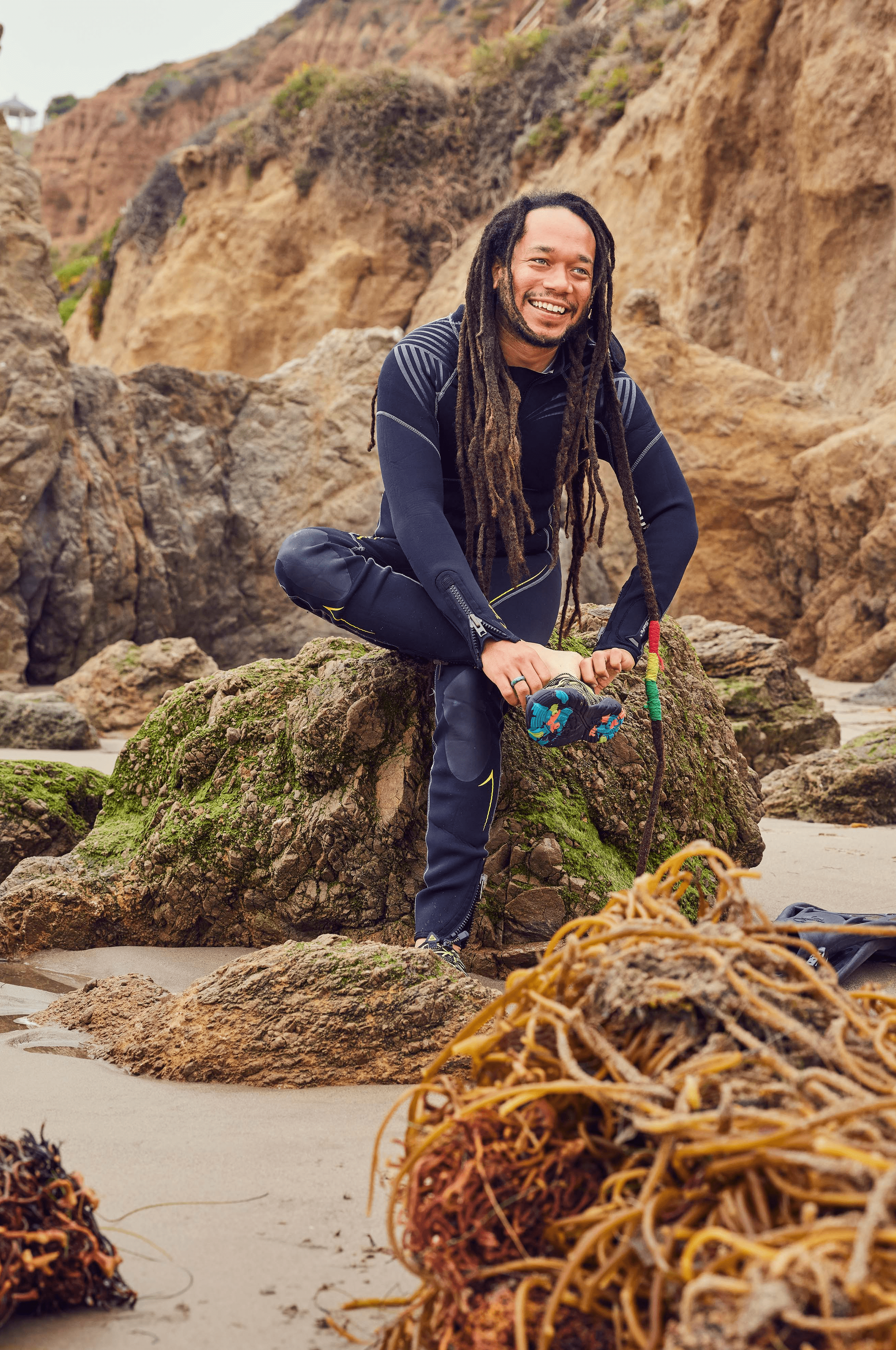
The Joukowsky Institute recognizes the invaluable contributions that Black and African American archaeologists have made to the field, and the world at large. This February, we are highlighting the work of ten Black anthropologists, archaeologists, and explorers that have revolutionized how we study and practice archaeology with an exhibit in Rhode Island Hall, the home of the Joukowsky Institute. Building upon our exhibitions from previous years, we incorporated four new Black archaeologists that are paving new paths in the field of archaeology.
The display can be found in the alcove nearest to the East entrance of Rhode Island Hall, surrounding the portrait of John Wesley Gilbert, known as the first Black archaeologist and the first African American to graduate with advanced degree from Brown University. It was created by Christina Miles (`25) and Genevieve Sychterz (’27), with contributions by Erynn Bentley (Ph.D. expected May 2026).

John Wesley Gilbert (1864-1923)
John Wesley Gilbert is considered the first African American archaeologist. He earned a BA (1888) and an MA (1891) from Brown University. The topic of his MA thesis was “The Demes of Attica”. He was the first African American to earn an MA from Brown. He also conducted fieldwork in Eretria, Greece, and spent the 1890-91 academic year at the American School of Classical Studies in Athens, on a scholarship awarded by Brown. He subsequently became a Professor of Greek and English at Paine Institute, Augusta, Georgia, a historically black, liberal arts college.

Dr. William Montague Cobb (1904-1990)
Born in October of 1902 in Washington D.C., Cobb was the first ever African American to receive a PhD in anthropology from Case Western Reserve University, becoming a renowned physical and medical anthropologist. He spent much of his career dispelling myths of racial pseudo-science, as well as highlighting the medical racism that Black Americans faced. He was one of the first “activist scholars” of anthropology who used the tools of the field to dismantle white supremacy, and became the first African American President of the National Association for the Advancement of Colored People (NAACP). Over his career he would publish thousands of articles in academic journals and teach over 6,000 African American anatomy students at Howard University, changing the face of medical anthropology and medicine.
 Matthew Henson (1866 – 1955)
Matthew Henson (1866 – 1955)
Born in Maryland one year after the end of the Civil War to two freeborn sharecroppers, Henson would become one of America’s most famous Arctic explorers, totaling 7 expeditions over the course of 23 years. In 1909, he and Robert Peary worked alongside Inuit men, women, and children in an attempt to reach the Geographic North Pole. While later explorers would reveal that they had missed their mark by 10 miles, it was still an impressive feat, and Henson was rewarded with a Congressional Medal of Honor in 1936. In 1912 he would publish the book A Negro Explorer at the North Pole, chronicling his expedition as well as the moment he, a Black man, placed the American flag down on what was widely thought as the top of the Earth.

Zora Neale Hurston (1891 – 1960)
Born in Notasulga, Alabama in 1891, Hurston was an anthropologist, filmmaker, and author. Her anthropological research started at Barnard College in New York (where she was the only Black student), conducting ethnographic research on African American and Caribbean folklore. She studied under famed linguistic anthropologist Franz Boas, whom she would later study with as a graduate student at Columbia. Her work explored themes of racial identity, sexual violence against Black women in north Flordia lumber camps, and Jamaican and Haitian folk culture. She was also a famous literary author during the Harlem Renaissance, publishing revolutionary work such as the novel Their Eyes Were Watching God. Her literary and anthropological talents combined in the nonfiction book Barracoon: The Story of the Last black Cargo, where she chronicled the life of Oluale Kossola (later named Cudjoe Lewis) from the Middle Passage to freedom.
 Alicia Odewale
Alicia Odewale
Dr. Alicia Odewale is an Assistant Professor of Anthropology at the University of Tulsa in Oklahoma. As the first person to graduate from the University of Tulsa with a PhD in anthropology, her work specializes in African Diaspora archaeology as it appears throughout the Afro-Caribbean and Southeastern United States. Her most recent project discusses resilience of the Greenwood community in Tulsa, Oklahoma, where she analyzes historical evidence excavated from the 1921 Tulsa Race massacre. She continues to advocate for increased diversity and accessibility in the field, leading her to co-found the Estate Little Princes Archaeological Field School in St. Croix, which gives students the opportunity to train in archaeological methods for free.
 Pearl Primus (1919 – 1994)
Pearl Primus (1919 – 1994)
Born in Trinidad in November 1919, she emigrated with her parents to New York City in 1921.Originally having a passion for the sciences, she received a BA in biology and pre-medical sciences in 1940, only to be unable to find lab technician work due to racial discrimination. This led her to work backstage in the wardrobing department for America Dances, where she found her love for dance as well as her natural talent. She studied formally at the New Dance School in New York City, where she was the first Black student to do so—it was here that she ignited her love for artistic activism that would eventually lead to a career in anthropology. Having received her PhD in anthropology in 1978, she would go on to meld ethnographic research and dance to interpret the lives of African Americans and Liberians. In 1991, she received the National Medal of Arts for her contribution to American dance.

Theresa A. Singleton (1952)
Born in April of 1952 in Charleston, South Carolina, Singleton is currently a professor of Anthropology at Syracuse University, where she focuses on historical archaeology and museology. Her debut into the field of archaeology was groundbreaking, with a complex study on the Gullah-Geechee people of Coastal Georgia, who are descendants of enslaved Africans. A trailblazer, Singleton was the first African American woman to receive a PhD in historical archaeology and African American history and culture from the University of Florida. She is currently a curator for the National Museum of Natural History.
 Mark Hanna Watkins (1903 – 1976)
Mark Hanna Watkins (1903 – 1976)
Born in Huntsville, Texas as the youngest of fourteen children, Watkins quickly found a love for language. As there were no linguistic departments at the time, he would pursue a Masters in anthropology from the University of Chicago under Edward Sapir, writing about language exchange across indigenous Mexican language groups such as Zapotecan and Tarascan. For his PhD he turned his attention to African languages, writing A Grammar of Chichewa: A Bantu Language of British Central Africa between 1930-1932, one of the only complete grammars of the language, and the first grammar of an African language written by an American. He would later become a professor of anthropology at Fisk University, a Historically Black College, where he was one of 6 faculty members in the first ever African Studies program in the United States. Prior to his retirement in 1972, he worked at Howard University promoting language exchange programs between African and American students.
 Ayana Omilade Flewellen
Ayana Omilade Flewellen
Flewellen is a Black feminist, archaeologist, artist, scholar, and storyteller. Growing out of their interests in historical archaeology focused on community engagement, they co-founded the Society of Black Archaeologists and they are the current board chair. Their research and teaching address Black feminist theory, through which they advocate for greater diversity within the field of archaeology and within the broader scope of academia. Flewellen has been featured in National Geographic, Science Magazine, PBS, and CNN, and regularly present their work at the National Museum for Women in the Arts.
 Alexandra Jones
Alexandra Jones
Jones attended Howard University, earning two Bachelor of Arts degrees in history and anthropology in 2001 and a Master of Arts degree in history in 2003. She earned a Ph.D. in historical archaeology from the University of California, Berkeley. While attending Berkeley, Jones participated in an outreach program that taught archaeology to sixth graders. Once graduated, she expanded the project to her hometown of Washington D.C. This inspired Jones to found Archaeology in the Community in 2009, an organization that conducts educational programs in archaeology with local schools in Washington D.C. and Maryland areas. Jones also worked for the PBS television program Time Team America as the Archaeology Field School Director. Currently, Jones is an Assistant Professor of Practice in History at Goucher College and is one of the directors of the St. Croix Archaeology Society.

Gabrielle Miller
Miller received her undergraduate and Master’s degrees in archaeology from the University of Arizona, and her Ph.D. from the University of Tulsa in African Diaspora Archaeology. Her research engages with the expressions and legacies of freedom and resistance through material culture in an eighteenth and nineteenth century free Black community in St. Croix, U.S. Virgin Islands. Miller currently works as a program specialist and archaeologist for the Center for the Study of Global Slavery at the Smithsonian’s National Museum of African American History and Culture.
Justin Dunnavant 
Dunnavant is a Howard University graduate who completed his degree in archaeology and extended it to maritime archaeology, becoming an underwater archaeologist for the National Museum of African American History and Culture in Washington, D.C. for the Slave Wrecks Project. Dunnavant’s current research is in the U.S. Virgin Islands, where he is investigating the relationship between ecology and enslavement in the former Danish West Indies. His path has included co-founding the Society for Black Archaeologists and being named a National Geographic Emerging Explorer in 2021. Dunnavant’s interests continue to grow, most recently now incorporating oral history, Black geographies, and the historical archaeology of Africa and the African diaspora.

















